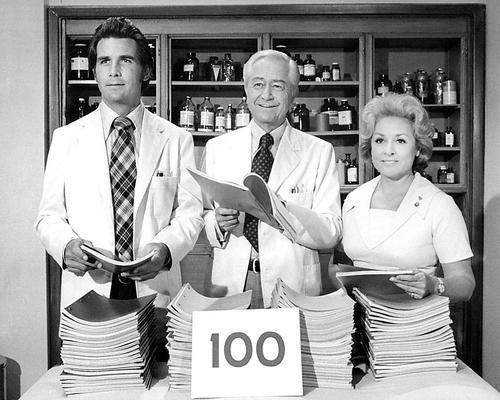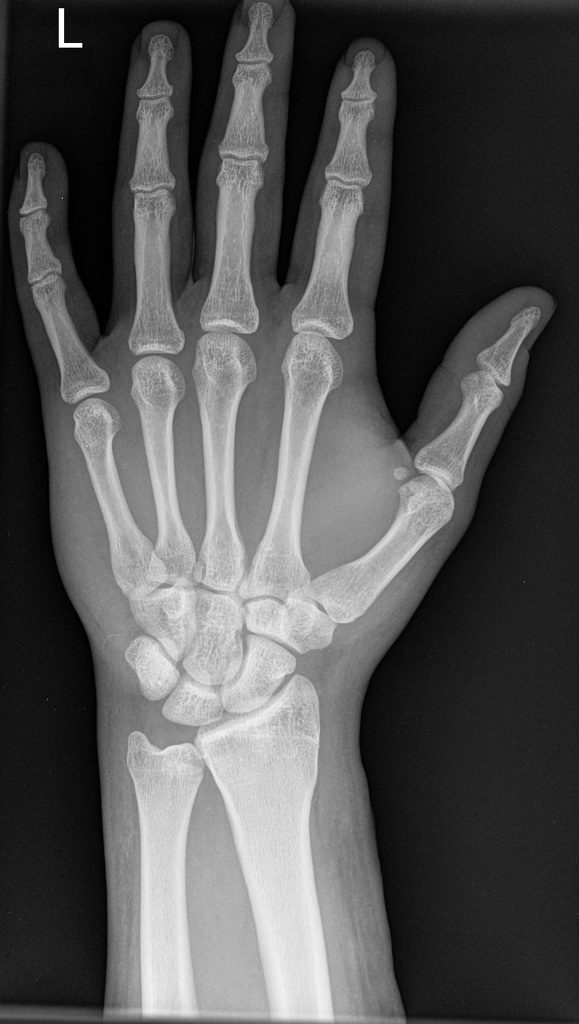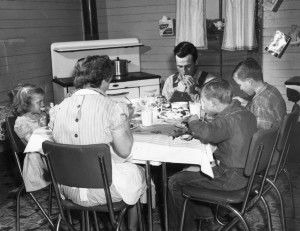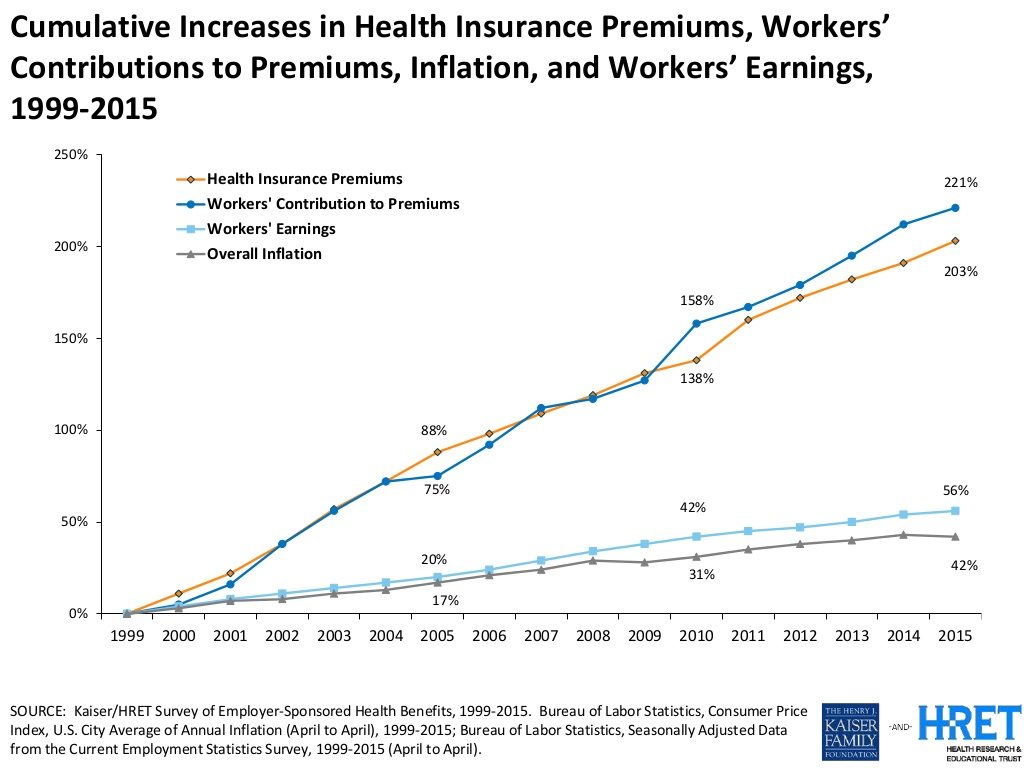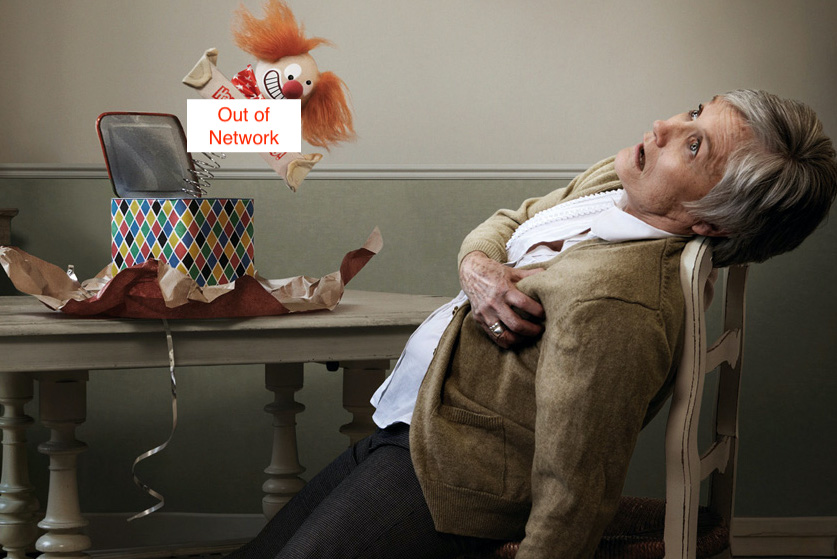
The ambulance has brought you to the closest emergency room after you collapsed eating your cheeseburger. The EMTs got your heart going again but your sweat soaks through your Seahawks sweatshirt and it feels like there is a chain binder wrapping your chest. The ER is a blur; a too young doctor asks you too many questions and tells you he will “ship you out”, like you are freight. But he made your pain feel better.
The drugs made you miss the view from the expensive helicopter ride. The next thing you know you are talking to a nice nurse in the CCU after your heart “procedure”.
Sounds like a success doesn’t it? You are alive to get another cheeseburger.
Then the bills start showing up. No worries, you have good health insurance. At least that’s what your employer says. Sure, there will be a deductible, and some co-pays, but “Lordy, what’s this?!” It’s a $30,000 bill from the cardiologist that was “out of network”. Then there’s $10,000 from the anesthesiologist, also out of network. If the hospital was also “out of network” that bill will be six figures easy.
Why didn’t you ask the nice young doctor that was giving you drugs in the ER to send you to only “network” providers? And just what is a network?
Health insurance companies have strategies for cutting costs and one is to contract with specific providers for specific fees. They call those providers their network. If you stay within their network then their negotiations help them charge you less. You go out of network, the unnegotiated payments become a big risk to them. So, they pass that risk on to you by “out of network fees”.
The size of each insurance companies network changes from year to year, the fees they pay to providers varies annually, and the out of network fees also change.
There is no available data for how often these “surprise bills” happen in Idaho. We’re small potatoes (but really famous potatoes) to the health care insurance industry. Estimates for other state show 25% of emergency visits have some “surprise”.
The ACA kind of addressed this, but not quite. It required some insurance companies to pay out of network providers the median of what it paid in network for the same services. But it didn’t prohibit balance billing; that is, the insurance company might pay some, but you get the bill for the balance. And, the insurance company didn’t negotiate a lower charge from the provider, so, you will owe.
Some states have jumped in to try to address this. Idaho is not one of them, though a bill was introduced in 2018. It went in a drawer. But state by state solutions might not apply to all the large employer-based insurance companies.
President Trump called for fixing this last May. That was before he called the new President in Ukraine.
But guess what? Even though congress is “bitterly divided along partisan lines”, they seem to be able to agree on fixing this. There are at least three bills floating through the halls, and as of Sunday, it looks like one might pass. This is despite a multi-million-dollar dark money effort by private equity fund backed physician groups to scuttle the effort.
This seems like a small leak in the dike we ought to plug up. It’s a simple solution to a simple problem, right?
I’m sorry; the tide is rising and we have a health care system that loves that it is now almost one fifth of our Gross Domestic Product. Plugging this leak might protect the recently recovered from having another heart attack when they open their mail, but it won’t stop the rising tide of health care costs by itself.
Just as hospitals have learned how to cost shift what they lose on Medicare and Medicaid patients onto private insurers, just as doctors have learned how to up-code their services, just as health insurance companies have seen their stock values double in the last three years, I fear we are going to get soaked even if we plug this leak. We have to turn the tide.



